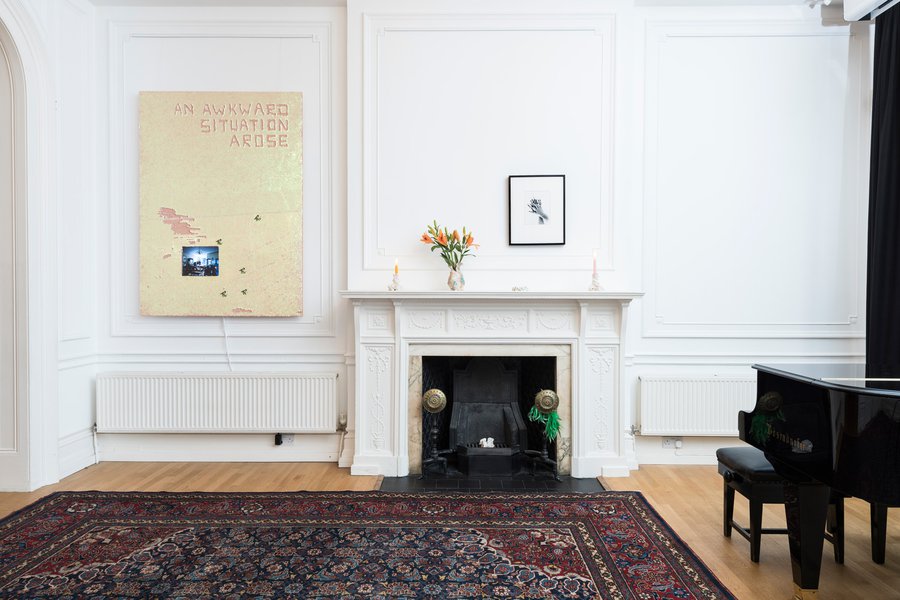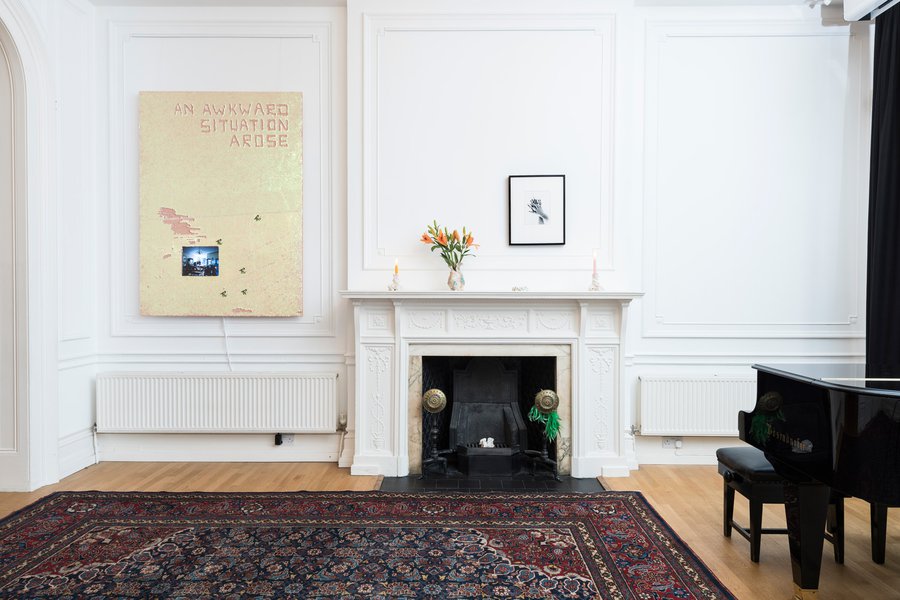When the Austrian Institute (as it was then called) opened in London in 1956, the idea of cultural diplomacy was new, exotic, but high on the agenda of a country still struggling to establish its identity in the modern world after a turbulent and traumatic past. Given the diversity of the old Habsburg Empire, Austrian identity could hardly be defined by language or race. But the collective achievement of its citizens in the arts and sciences was, in a sense, definitive as a first point of contact between Austria and the wider world. And so it was that the Austrian Government bought 28 Rutland Gate as a British base for cultural and intellectual cooperation, forming part of an international network of similar Institutes throughout Europe and America.
Initially this network had no formal diplomatic status but answered to the Ministry of Education and was run by academics. Heinz Ritschl, the first London director, had taught phonetics at Vienna University, and his programmes leaned toward academic exchange, supplying lecturers to colleges and organising speakers for symposia. But the Foreign Ministry took over in the 1970s; and since then there has been a gradual shift in objectives, finally signalled by the change of name to Austrian Cultural Forum in 2001. An ‘Institute’, it was thought, suggested a place of formal study and behavioural codes. A ‘Forum’ on the other hand, suggested a place of debate: a more relaxed environment where minds meet and ideas flow. And from the start, the flow of ideas has been site-specific.
Every Austrian Cultural Forum (nee Institute) runs with a large degree of independence from Vienna. Overall budgets and broad policy issues are centrally determined but individual programmes are not, leaving each director free to respond to local circumstances. And circumstances in London in the ‘50s were dominated by the many, especially Jewish, Austrian émigrés in the city. Their presence was an important factor in planning the London programme, and their legacy remains so.
But through half a century the staff of 28 Rutland Gate have devised and promoted activities across every discipline and interest, with involvement from some of the most influential minds of the time: from E.H.Gombrich lecturing on Biedermeier or Hans Keller on string quartets, to study days for Erich Fried, Ingeborg Bachmann, Elias Canetti; exhibitions on the architecture of the Vienna State Opera, the work of Adolf Loos, the cult of the Vienna Café, the making of The Third Man; participation in Austrian-related festivals, conferences, book launches…the list runs on.
And central to the list has always been music, with Rutland Gate recitals featuring the most illustrious of names: Edita Gruberova, Gundula Janowitz, the Alban Berg Quartet and many more. Alfred Brendel made his London debut there in 1958. Rudolf Buchbinder likewise in 1961. And the tradition of showcasing young talent continues with the ACF New Artists Series which provides a regular platform for emerging stars and helps them connect with agents, the BBC, and venues like Wigmore Hall where the ACF stages concerts from its twice-yearly contemporary music event, Soundings.
In each case the artists and works are mostly but not exclusively Austrian. Where, in 1956, the Institute aimed to present information to its host country, the modern ACF aims to build relationships - waving the Austrian flag in the process, but not egocentrically. As a former ACF director put it: ‘To transport national identity is no longer our main concern: we’re more interested in breaking down the barriers of identity than in setting them up’. And were there ever to be a statement of intent engraved above the door of 28 Rutland Gate, that would probably be it.
Michael White, Music Critic

